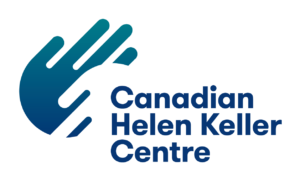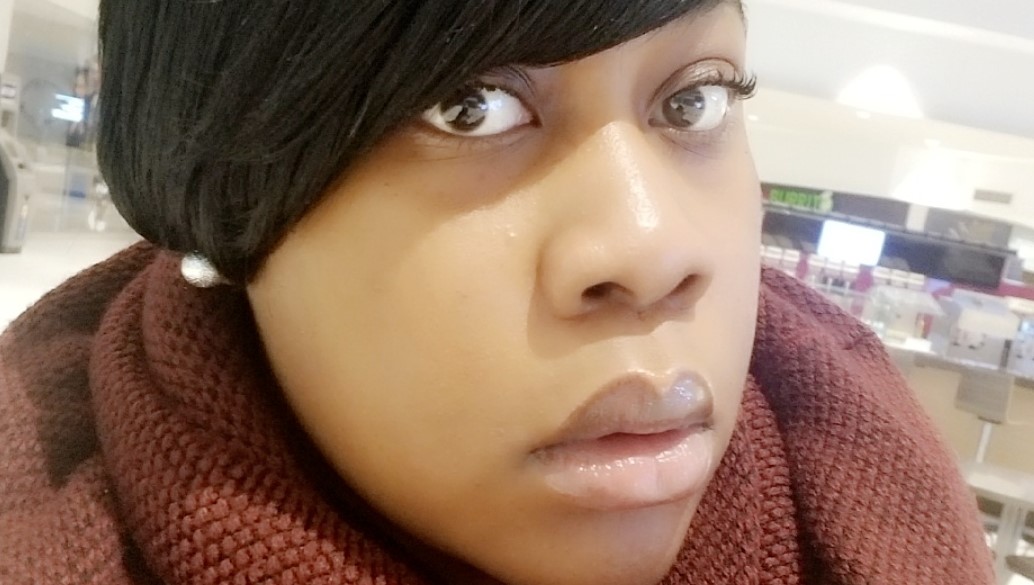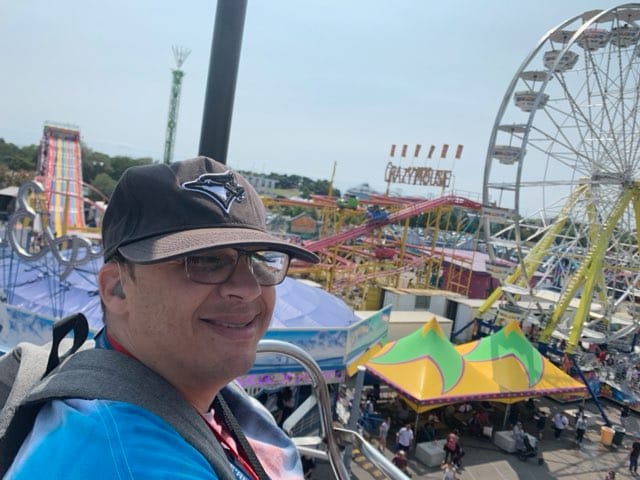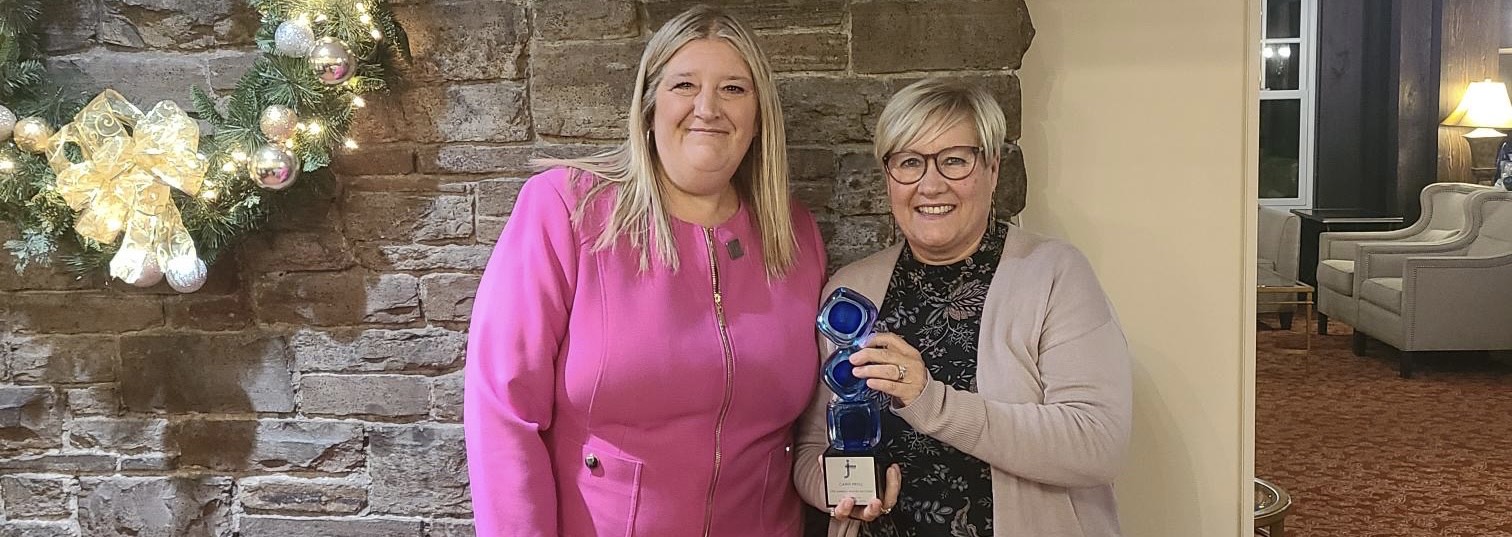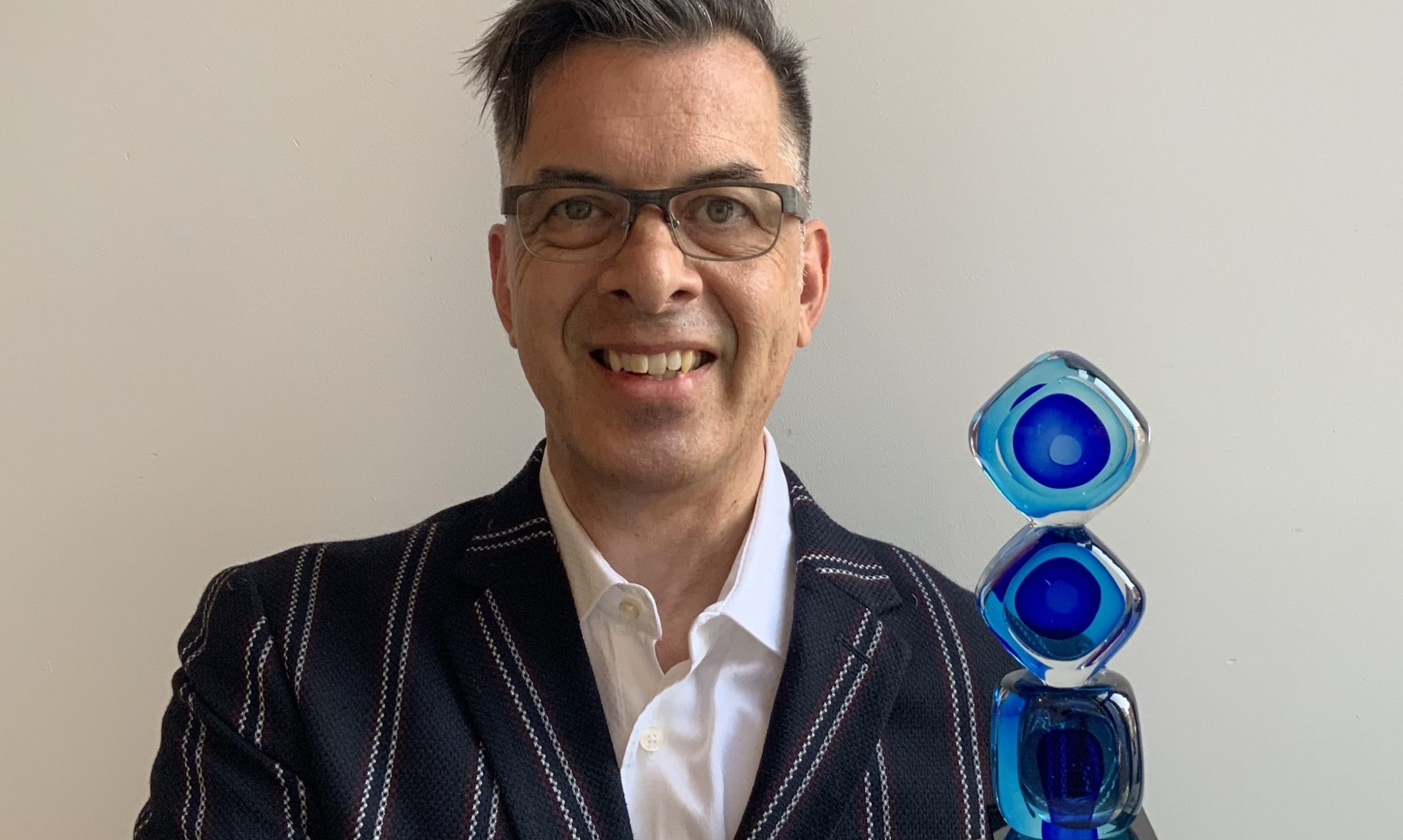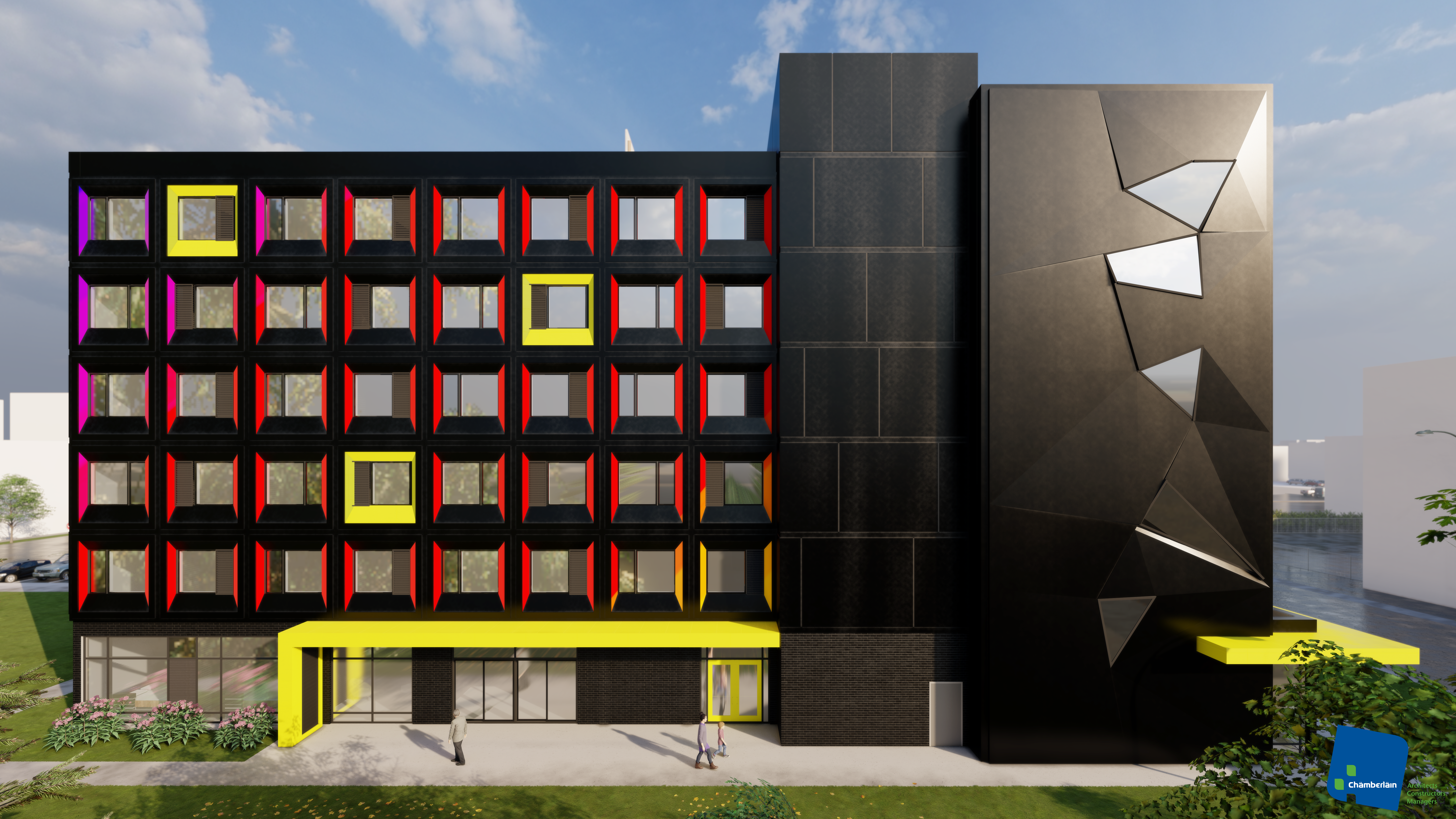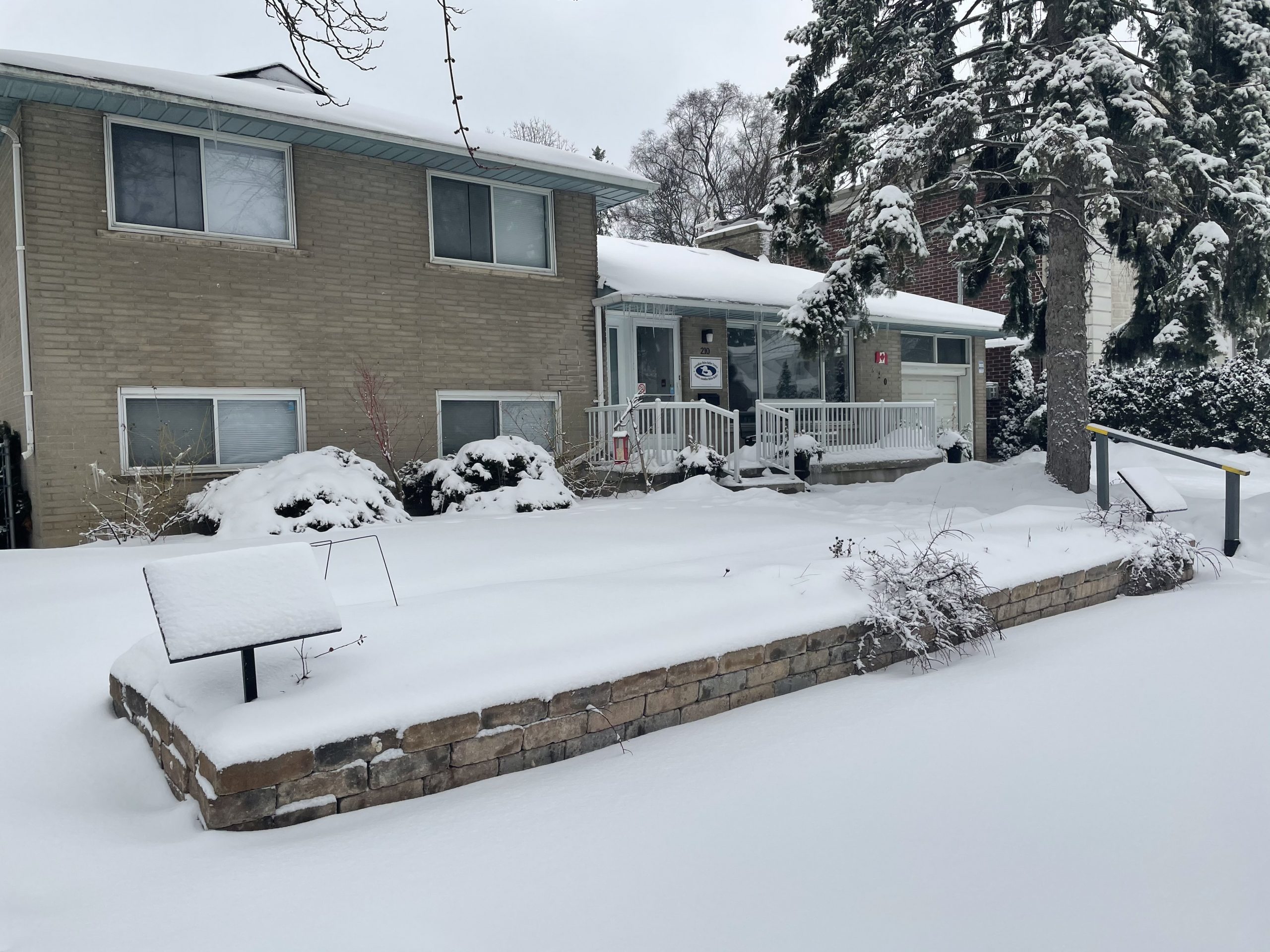For Fareeda Adam, culture and background matter
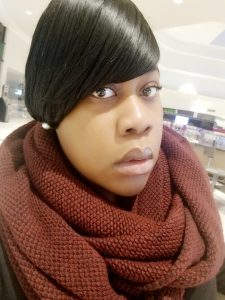 Fareeda Adam became an intervenor because of her niece, who has hearing difficulties. “She had a hard time accepting that being different is okay. At a very young age, I always wanted to work and assist a vast variety of people from different backgrounds and cultures.”
Fareeda Adam became an intervenor because of her niece, who has hearing difficulties. “She had a hard time accepting that being different is okay. At a very young age, I always wanted to work and assist a vast variety of people from different backgrounds and cultures.”
A graduate of the Intervenor for Deaflbind Persons Program at George Brown College (GBC) Fareeda admits, “Being an intervenor means everything to me. It is a rewarding field where I’ve learned American Sign Language, Two-Hand Manual, Braille and Pro-Tactile ASL.”
Fareeda says that her experiences as a Black intervenor have been mostly positive but that sometimes she experiences, “microaggressions and or stereotypical actions and comments from the public. Many people are shocked to see a woman of colour as an intervenor because so few of us are working in the deafblind community.”
As a self-described people person, Fareeda views herself as a role model for the BIPOC intervenor community, especially for those who want to become an intervenor. “I love to be a positive influence to anyone who asks for my help or mentorship.”
However, Fareeda maintains that there is not enough diversity within the intervenor community. “I think this is because some may be intimidated by how hard it is to work in this field. You have to learn a new language and different modes of communication.”
For Fareeda this is a benefit. “I encourage a new intervenor from the BIPOC community to stay committed. Nevertheless, if you do not really love working with a vast variety of people, honestly this program is not for you. Many people I knew dropped out due to stress and lack of knowledge regarding the intense workload of the program. But if you’re up for the challenge, it’s a tremendous experience.”
For up and coming intervenors Fareeda confesses, “I would like the public to know that I am a Black intervenor because I genuinely love my job. I am honoured to have graduated from the GBC program even though more than half of my class dropped out. I stuck with it, throughout the stress and intense workload, because I really wanted to perfect my craft and work long-term in a very rewarding and unpredictable field.”
Fareeda also strives to support BIPOC intervenors.
“At CHKC, especially last year with numerous Black and Indigenous focused brutalities and murders, we were all there for each other. We created a very powerful, emotional video to promote BLM and shared some of our thoughts and feelings regarding some of the devastating things that are happening in the world to this day.”
The struggle is getting those who are not affected by these atrocities to care. Namely, her white colleagues. “Very few white intervenors have shown a genuine interest to promote and support the Black Lives movement.”
As is the case with many BIPOC community members, microaggressions and stereotypical statements grow tiring. “Many of these statements could be easily avoided, if people would be more open to listening and learning about Black history and culture before they assume.”
That is why Black History Month means a lot to Fareeda. “Every time I think of Black History Month I think of the late Martin Luther King Jr. I recall being a young child and my mother educating me on how strong willed and heroic Martin was for the Black community. He died fighting for equality and freedom for all people of colour.”
Fareeda emphatically states that, “Black History Month is more important than ever before. In the past months and years it is obvious that history is repeating itself with people displaying more obvious signs of racism and complete hate for the BIPOC community.”
As a Black intervenor, Fareeda wants to “encourage more people of the BIPOC community and or different backgrounds to apply to CHKC and encourage a more diverse workplace.”
